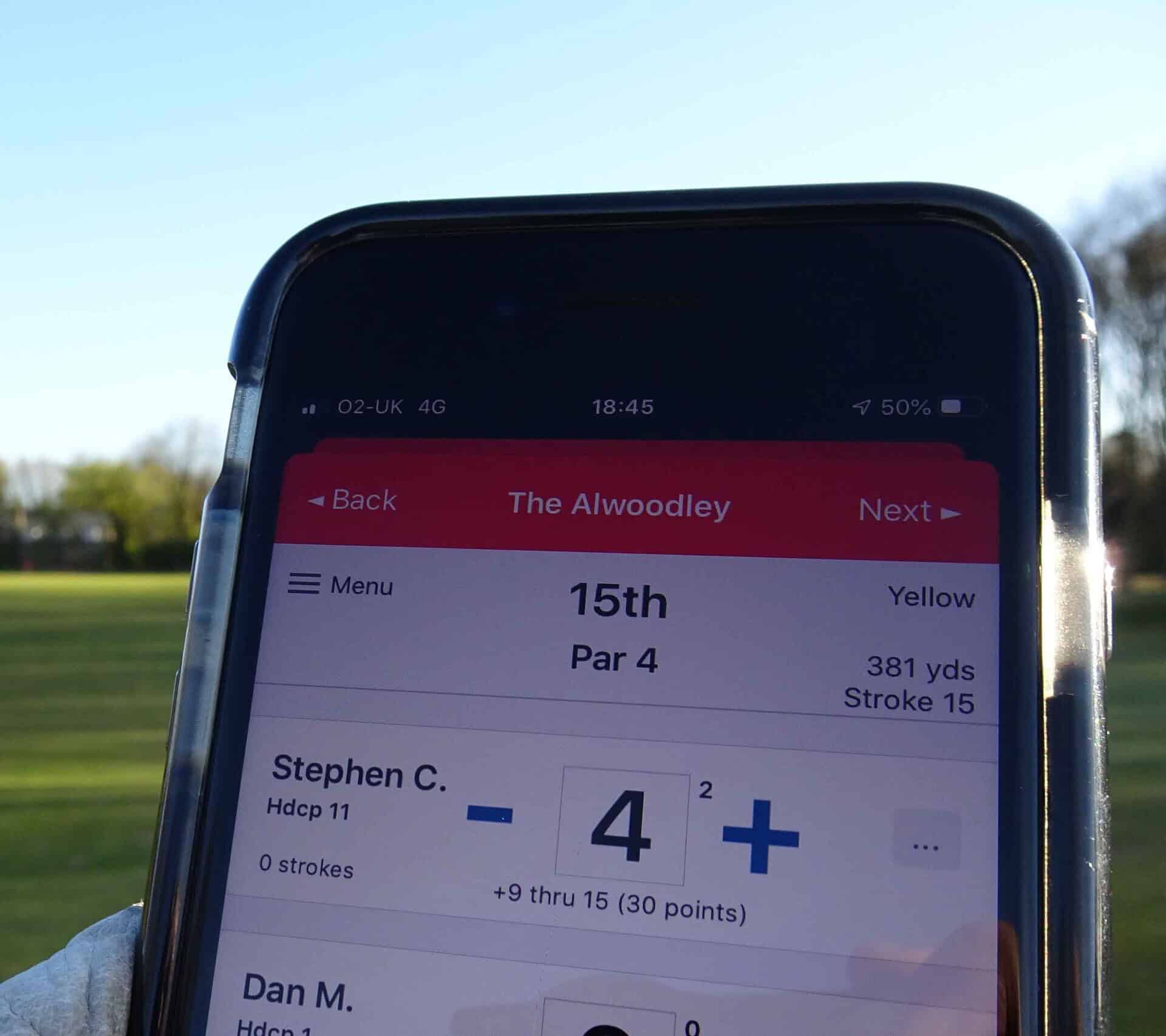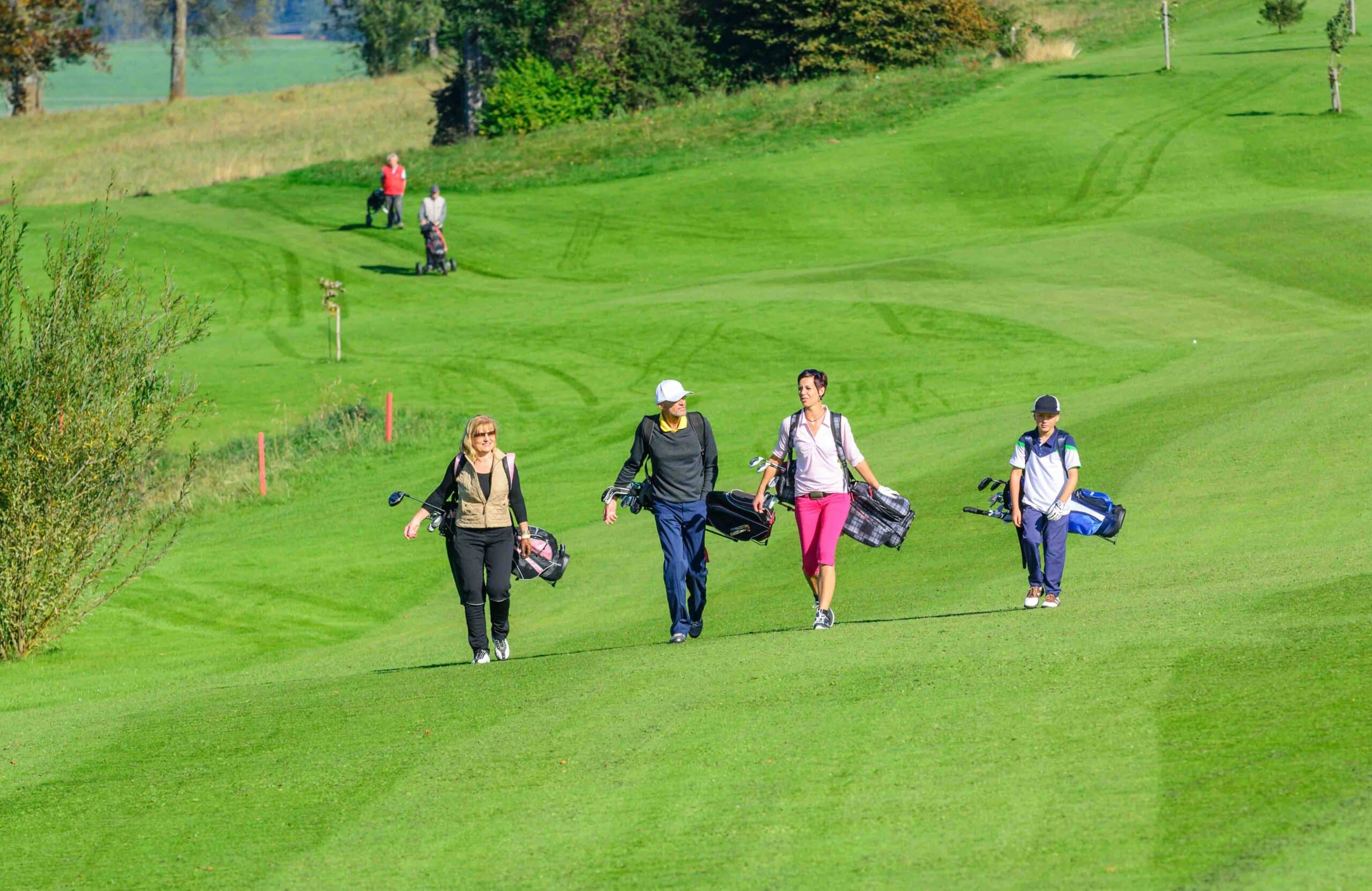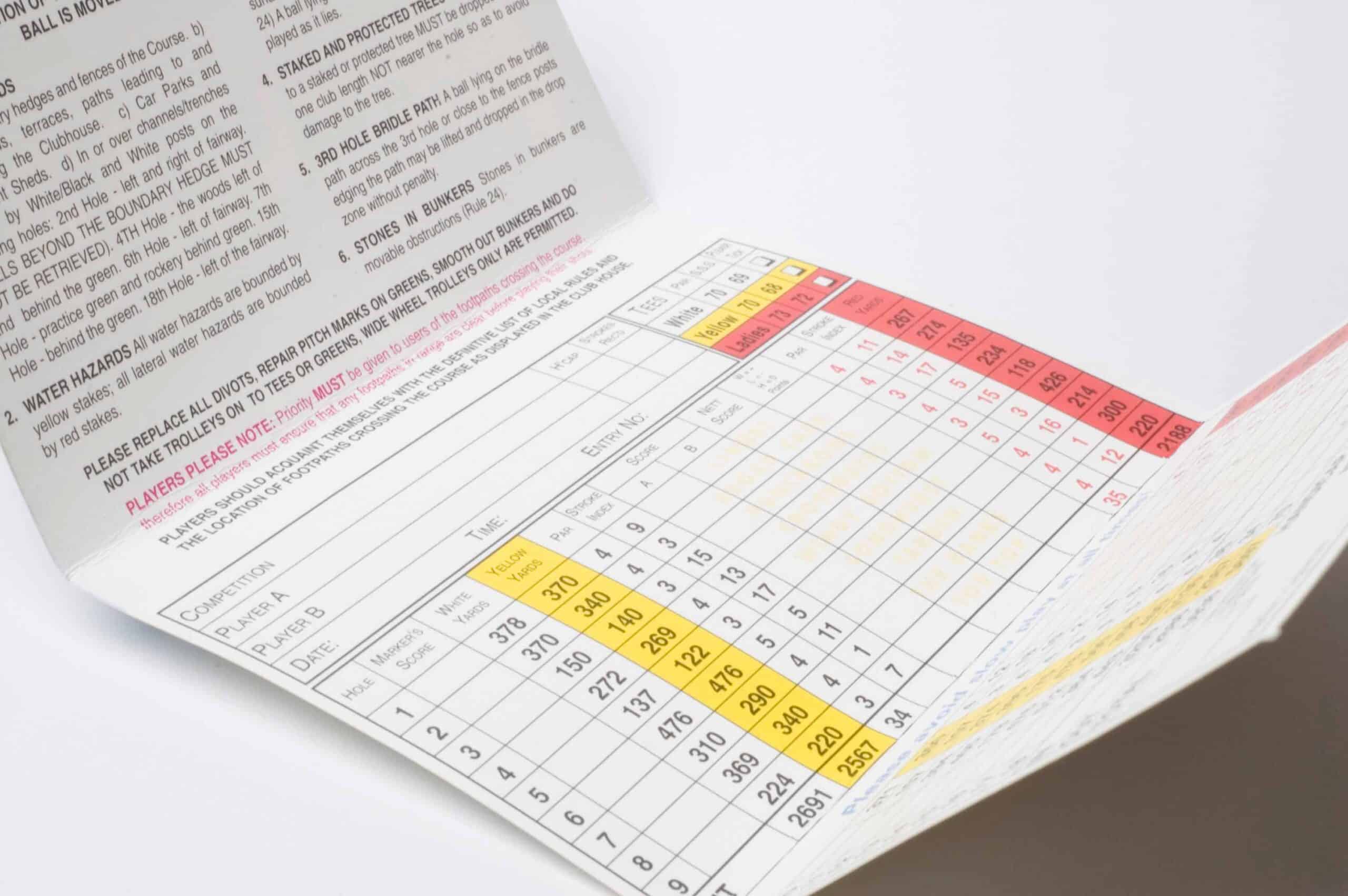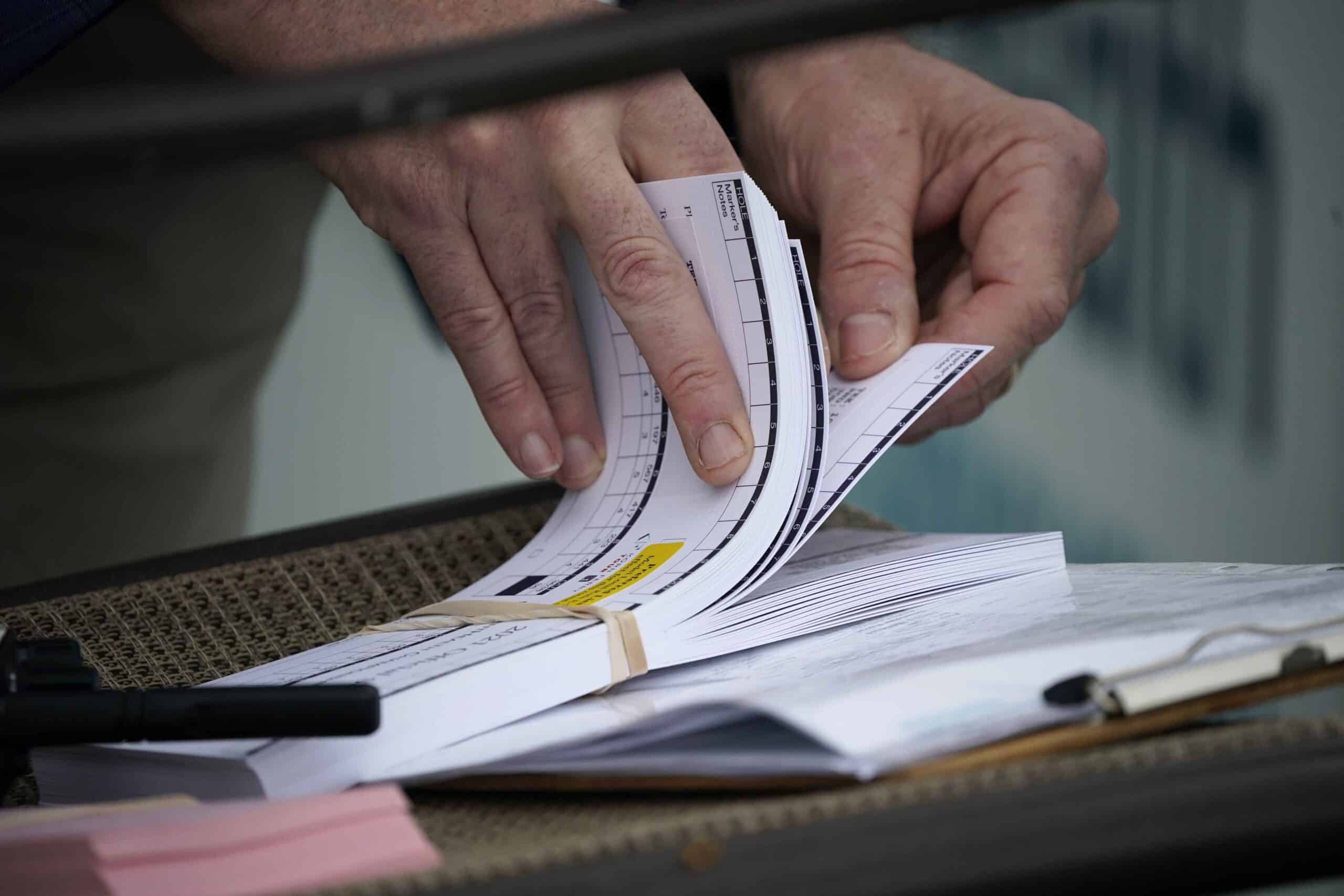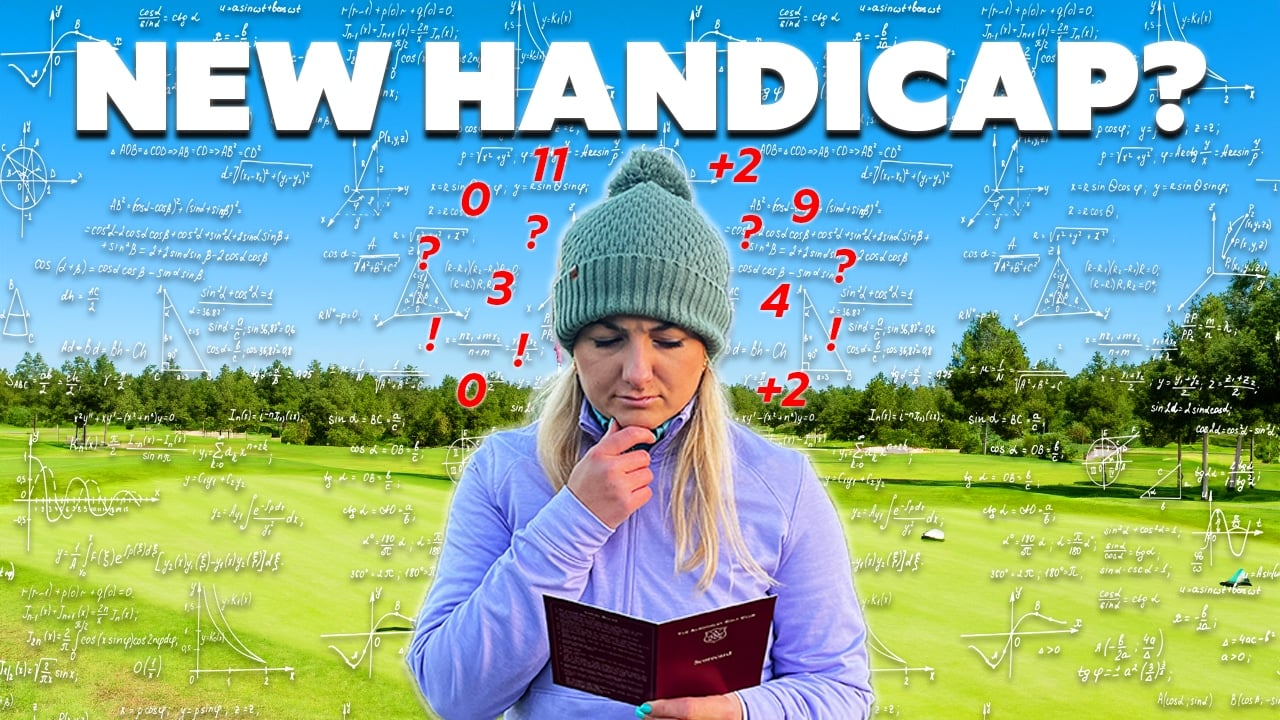
There are big changes coming to the World Handicap System
The World Handicap System as you know it is about to get a massive overhaul in GB&I. We break down the major changes that will affect you in 2024
Fourball betterball scores might now count, Course Rating minus Par will change the way you receive shots, and you can test your handicap on shorter length courses.
The World Handicap System in Great Britain & Ireland is changing this year and what’s coming is going to impact every golfer.
Just like the Rules of Golf, the Rules of Handicapping go through a four-year review and this is the first since WHS was launched.
While the R&A and USGA-led review comes into effect in January, many of these changes won’t be implemented in GB&I until April.
Check out a summary of the main alterations below and, for a detailed breakdown, click the link under each…
World Handicap System changes: Here’s how they will affect you
We’re moving to Course Rating minus Par
Bringing GB&I into line with most other WHS jurisdictions, England Golf say Course Rating minus Par is an adjustment for the difference between the Course Rating and the Par of the course you are playing.
Simply, if the par is lower than the Course Rating players will receive additional shots on their Course Handicap. If the par is higher, they will lose strokes.
It will mean players now play to par, rather than the Course Rating. It could assist lower handicappers, particularly on more difficult courses, and will see bigger adjustments in the number of shots players receive depending on the tee sets they play.
It should also make mixed tee and mixed gender events much easier to calculate.

Fourball betterball scores can count for handicap
A source of complaint for swathes of golfers, the days of teams sweeping in and cleaning up pairs’ events – while reluctant to participate in other club competitions – may be coming to an end.
Fourball betterball formats in competitions, such as stroke play, Stableford and Par/Bogey, can be used for handicap purposes in GB&I subject to some strict criteria.
These include one player of the pair scoring on a minimum of 9 holes, the total score of the pair being at least 42 points or six under par, and the player’s upscaled score adding up to at least 36 points.
If all requirements are met, WHS software will calculate a score differential and it will be added to that player’s record for handicap purposes.
It’s hoped the measures will make handicaps more reflective of the ability of players.
Haven’t played a hole? Introducing ‘Expected Score’
This is a change in the way 9-hole scores are upscaled into 18-holes and how any holes not played during a round are dealt with.
It aims to make player handicaps more accurate by providing a better prediction of what a player would score on those holes rather than using net par.
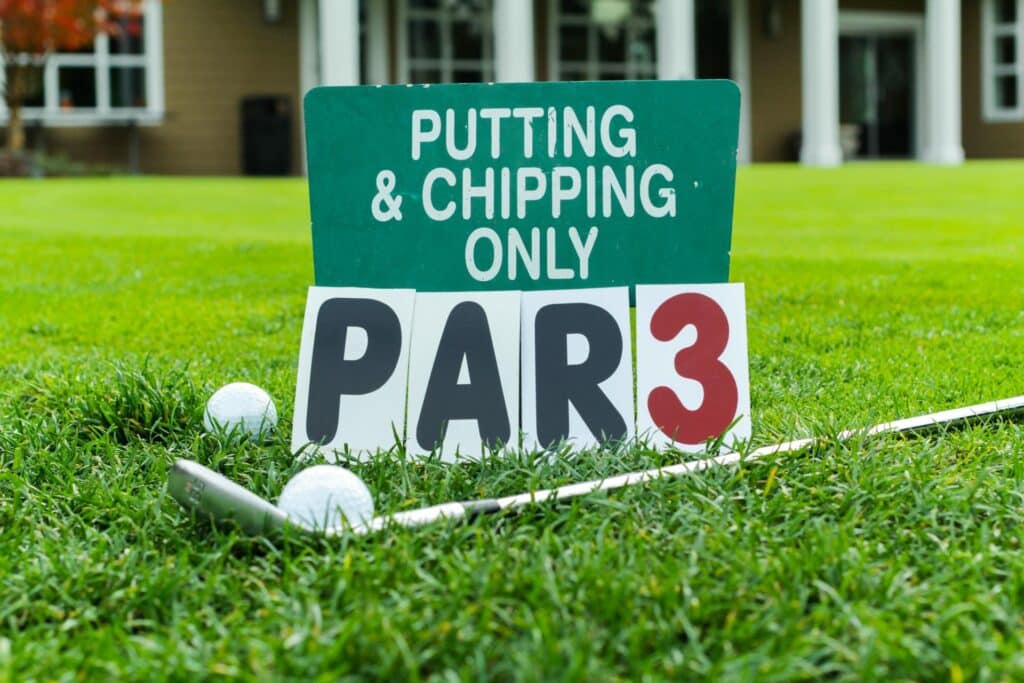
Want to put in a score for handicap on a Par 3 golf course?
A course must currently be 3,000 yards over 18-holes, or 1,500 yards over 9-holes, to be eligible for a WHS Course Rating.
But those numbers will now be halved (1,500 yards for 18 holes and 750 yards for 9-holes). That should allow a whole host of short, academy, and Par 3 courses to become rated. Golfers could then submit acceptable scores from those venues.
A 14-hole competition? It could now count towards your handicap
A clause is being added into WHS rules allowing competitions “over a non-standard number of holes to be used for handicap purposes”.
Course handicaps will now be unrounded
If you play in England, Ireland, or Wales, your Course Handicap is currently calculated to decimal places. It is then is rounded into a whole number. That’s the number you see on WHS boards at your club.
But if your club can use software to check the accuracy of the calculations, from April your Course Handicap will be unrounded.
If you’re playing in a competition, or another format which requires a Playing Handicap, it is at this point that the figures would be rounded up into a whole number.
Courses can standardise their pars
You all know the course with a hole that’s a par-4 from the back tees but a par-3 further forward. While some of you might embrace this quirk, it can be confusing for players and look awkward on the scorecard.
The new Rules of Handicapping will allow clubs to retain the same par for each gender and across all tee sets rated for that gender. That will be regardless of the yardage of each hole.
Now have your say
WHS Changes 2024: What do you think of the changes to the World Handicap System? What do you think of Course Rating minus Par and the new fourball rules? Let me know by leaving a comment on X.
WHS Changes 2024
- Your fourball betterball score could soon count towards your handicap!
- What is Course Rating minus Par?
- Play on a Par 3 course? You could put in a score for handicap!
- 14-hole rounds counting for handicap? It’s going to happen!
- What is Expected Score?
- Can we play competitions over odd numbers of holes?
- What’s happening to my Course Handicap?
- It’s all about the governance! Why the R&A and USGA have carried a review of the World Handicap System
Steve Carroll

A journalist for 25 years, Steve has been immersed in club golf for almost as long. A former club captain, he has passed the Level 3 Rules of Golf exam with distinction having attended the R&A's prestigious Tournament Administrators and Referees Seminar.
Steve has officiated at a host of high-profile tournaments, including Open Regional Qualifying, PGA Fourball Championship, English Men's Senior Amateur, and the North of England Amateur Championship. In 2023, he made his international debut as part of the team that refereed England vs Switzerland U16 girls.
A part of NCG's Top 100s panel, Steve has a particular love of links golf and is frantically trying to restore his single-figure handicap. He currently floats at around 11.
Steve plays at Close House, in Newcastle, and York GC, where he is a member of the club's matches and competitions committee and referees the annual 36-hole scratch York Rose Bowl.
Having studied history at Newcastle University, he became a journalist having passed his NTCJ exams at Darlington College of Technology.
What's in Steve's bag: TaylorMade Stealth 2 driver, 3-wood, and hybrids; TaylorMade Stealth 2 irons; TaylorMade Hi-Toe, Ping ChipR, Sik Putter.



